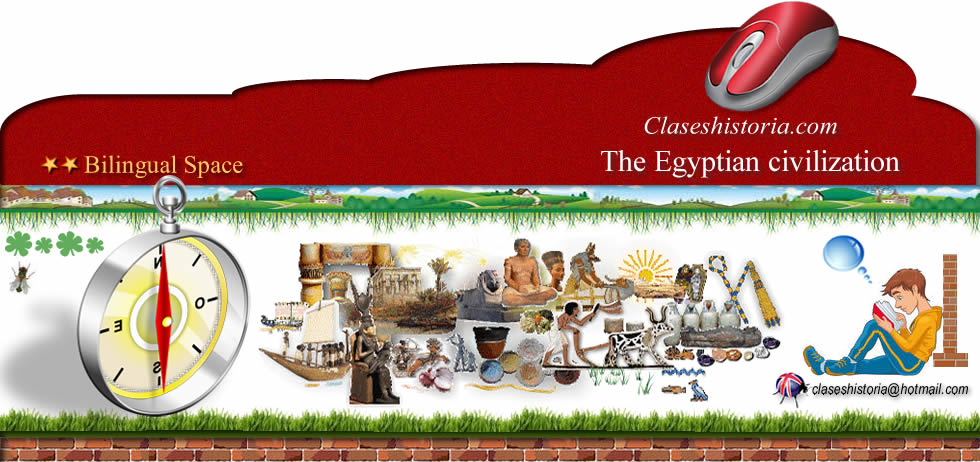
Usamos cookies propias y de terceros que entre otras cosas recogen datos sobre sus hábitos de navegación para mostrarle publicidad personalizada y realizar análisis de uso de nuestro sitio.
Si continúa navegando consideramos que acepta su uso.
OK Más información
© Jorge
Juan Lozano Cámara, profesor del IES
Juan de la Cierva de Vélez-Málaga
Licenciado por la Universidad de Granada (España) 
Eduardo Gallardo Téllez, profesor del IES Juan
de la Cierva de
Vélez-Málaga
Licenciado por la Universidad de Málaga (España) 
Ana María Marcos Sánchez, profesora del IES Juan de la Cierva de Vélez-Málaga
Licenciada por la Universidad de Málaga (España)
Kerry Elyse Hart, Licenciada por la Universidad de Richmond (Virginia, USA)

